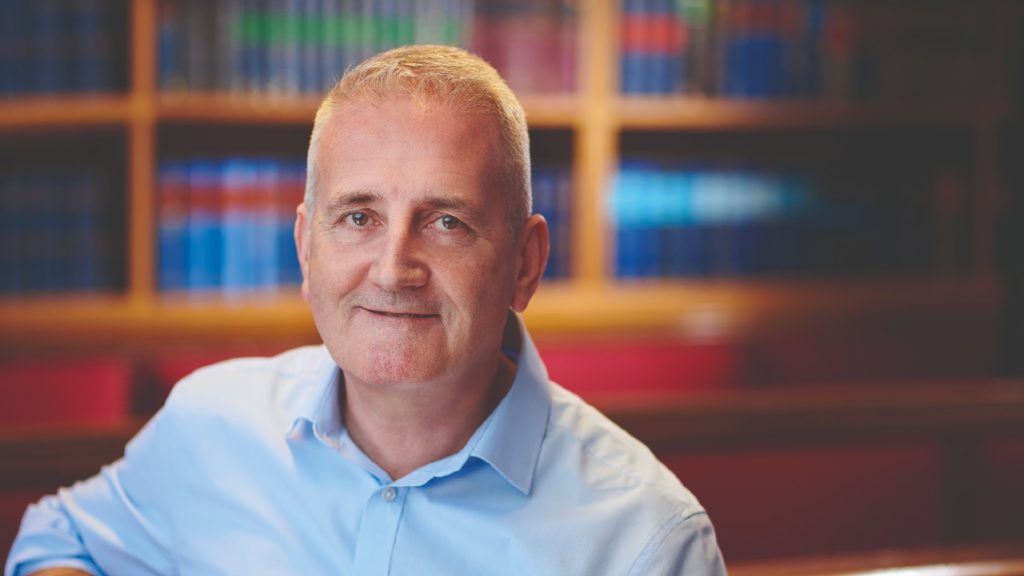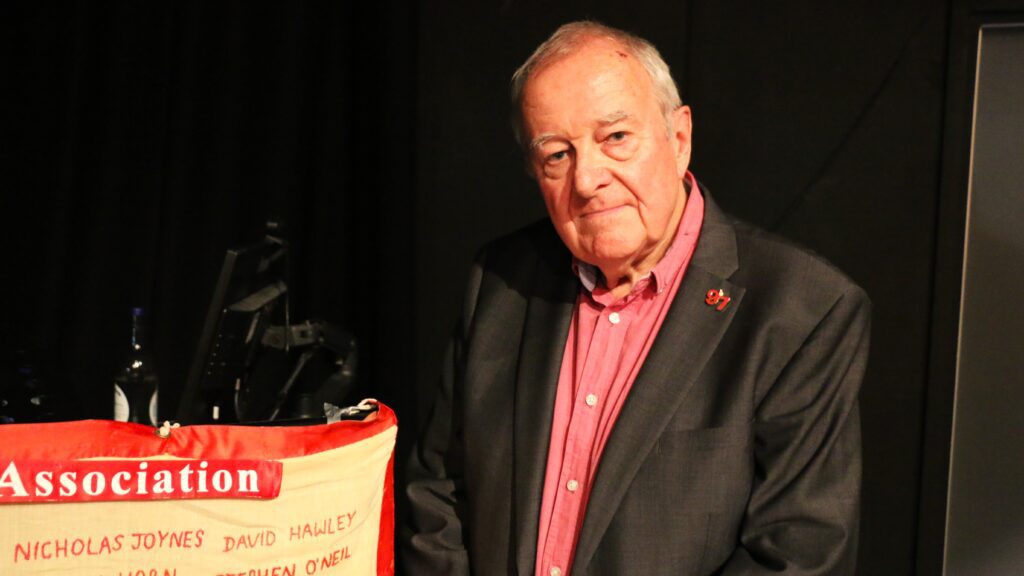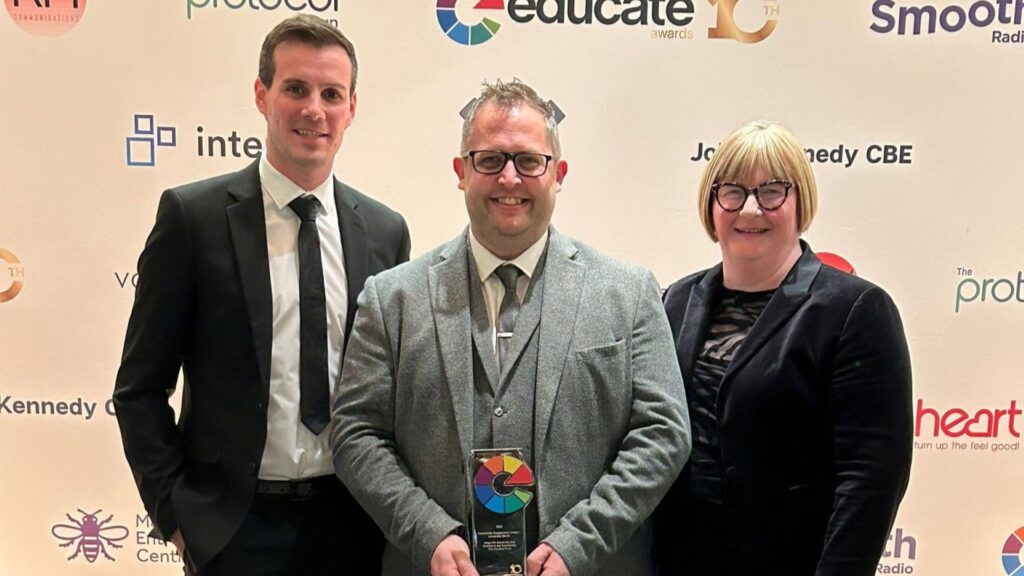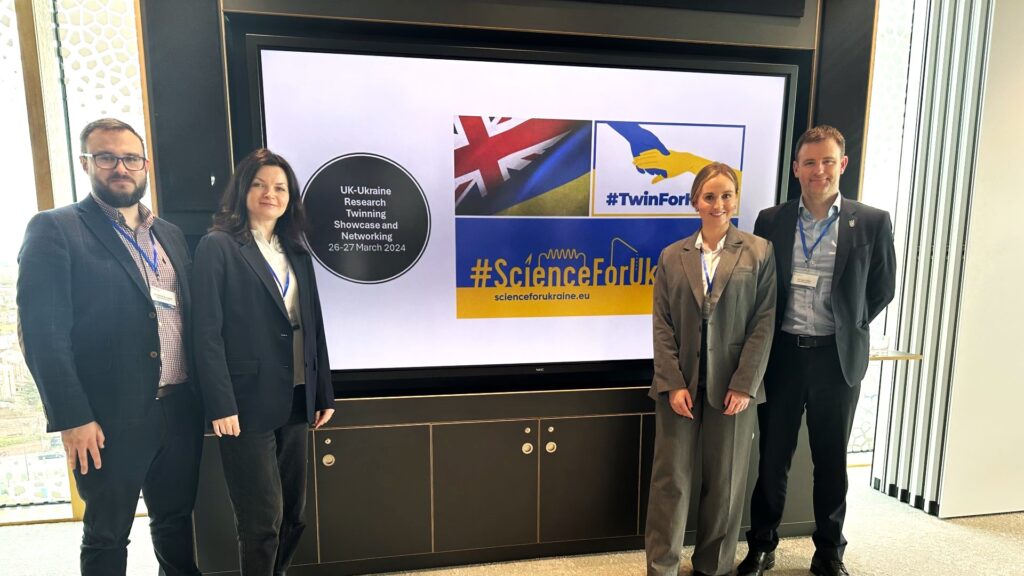At Edge Hill, our degree in Professional Policing is taught by a team of staff who are armed with academic knowledge, research interests and areas of specialism. But training students to work in the police force also requires real-world experience – and our team of lecturers bring plenty of that into their teaching.
Brian McNeill, Senior Lecturer in Policing, brings over 35 years’ experience in a variety of policing and crime roles to the team at Edge Hill. He met with us to chat about how gaining real-world experience so important for students training to become Policing professionals.

“One of the first things I teach first year students is how to respond to a crime scene. I’m the module leader for Response Policing, a first year module that is designed to explore the key fundamental functions of police response. As you might expect, it’s important that students are taught about the policies and legislation that underpins response policing – but ultimately, responding to a crime scene is best taught on a practical basis.
“To allow students to immerse themselves in a true to life situation, I replicate real-world crime scenes that I attended during my time in Merseyside Police in our on-campus Police Training and Simulation Facility affectionately known as the ‘Crime House’. Setting up a simulated burglary situation in the Crime House, bringing the students in, and asking them ‘what are you going to do?’ really allows them to problem-solve on a practical level. Putting theory into practice from early in the programme makes a big difference to our students’ learning, and students really enjoy their lessons in the Crime House.
“As well as being able to take a practical approach to teaching using simulations of real-life police work, I also bring my experience into classroom-based learning to help students put their theoretical learning into context. Another module that I lead is Public Protection, Vulnerability and Risk, which is a very large and important module that covers a range of topics from modern slavery and domestic abuse through to child abuse.
“When working in the police force, dealing with situations of suspected child abuse always requires a collaborative approach from professionals across education, health care, social When working in the police force, dealing with situations of suspected child abuse always requires a collaborative approach from professionals across education, health care, social services and law professionals. To demonstrate the importance of collaborative working and ‘joining the dots’, I worked with colleagues across the University to produce a feature film replicating a scenario that I experienced as a Police Officer.
“The film focused on an instance of suspected child abuse, and followed the perspective of the medical professionals, reporting their concerns to the police and duty social services team; the involvement of teachers in the child protection case conference; and also lawyers, in representing the offender during police interviews and at Crown Court. These parts were played by colleagues from the Faculty of Education, Faculty of Health, Social Care and Medicine, and the Law team – who all brought their professional knowledge and skills with them to the role.

“Having this film to share with students during the COVID-19 pandemic has allowed students to continue putting their learning into context, getting an idea of how collaborative working looks in real-world situations. Students gave fantastic feedback on this film and they often refer back to it to consolidate their learning.
My hopes for the future are to facilitate experiences for the students to work together with their peers across the University – solving problems with trainee teachers, health professionals and lawyers – to give all students a practical insight into real-world police work.”
Studying BSc (Hons) Professional Policing at Edge Hill means you’ll be taught by professionals like Brian. Alongside their academic qualifications, our Policing team bring with them a range of experience, ranging from Detective Chief Superintendents, to Criminal Intelligence Analysts and Detective Chief Inspectors.
May 10, 2022


